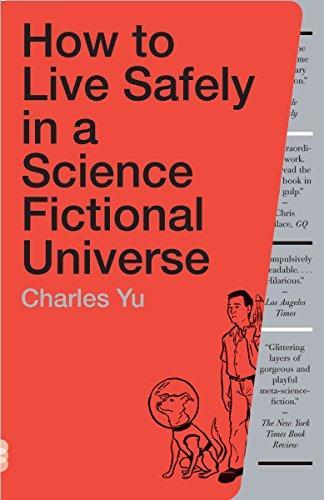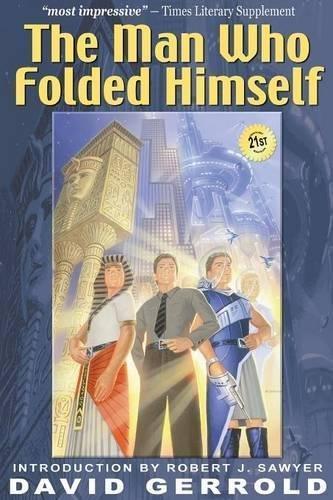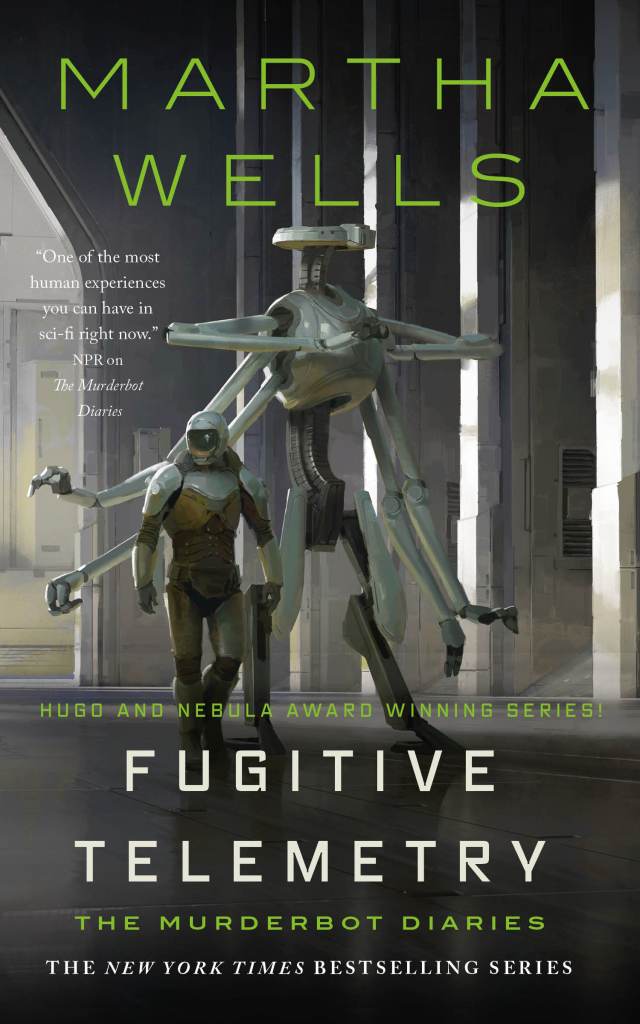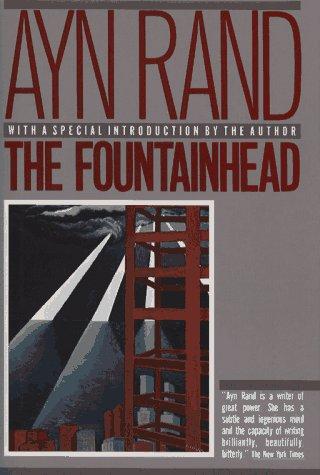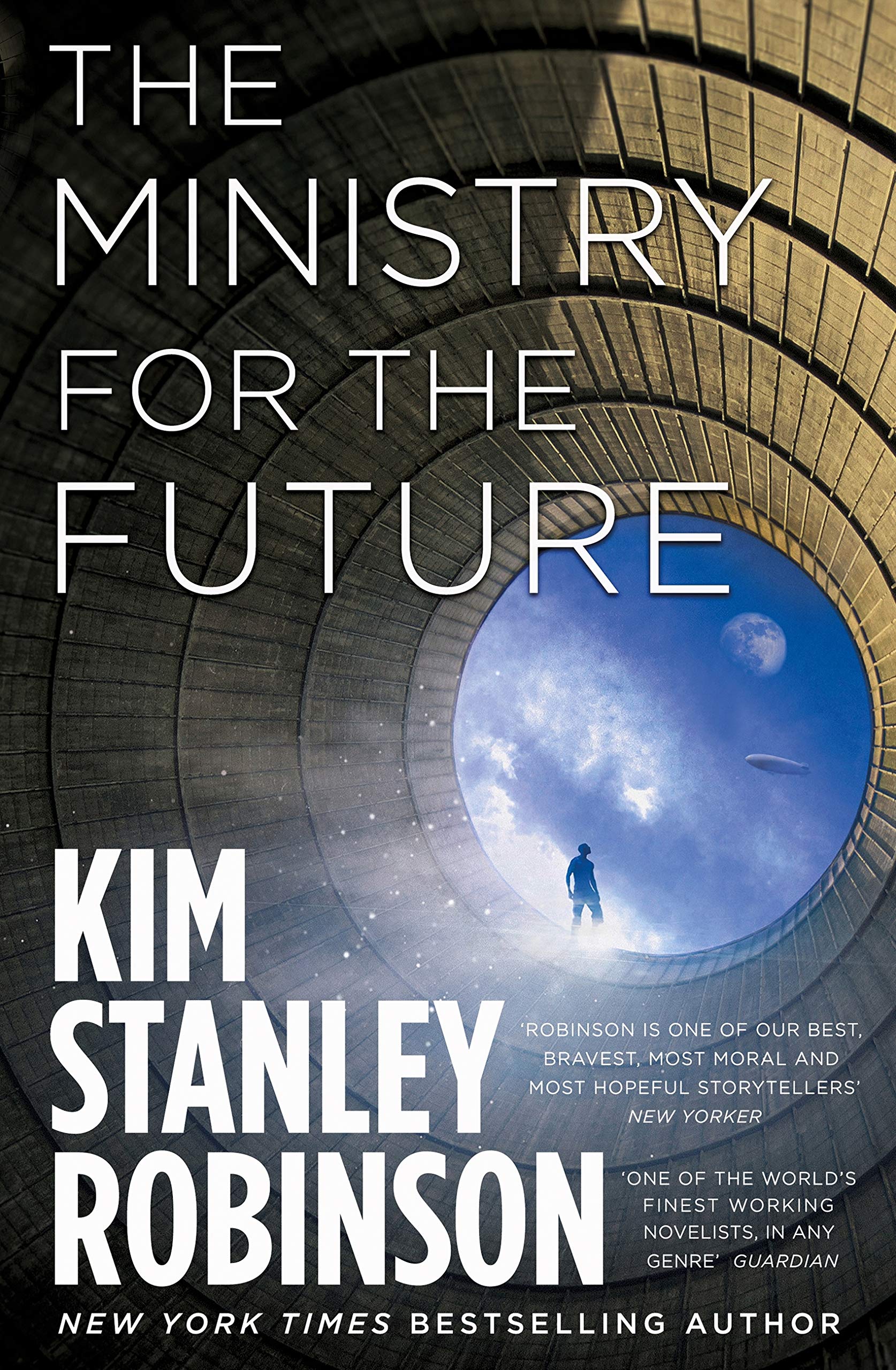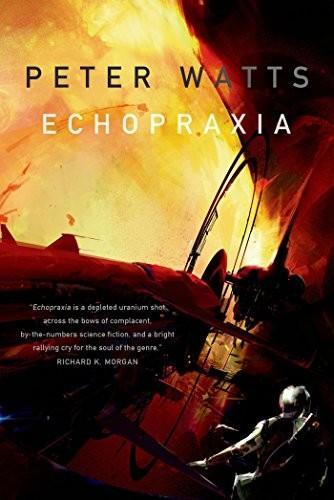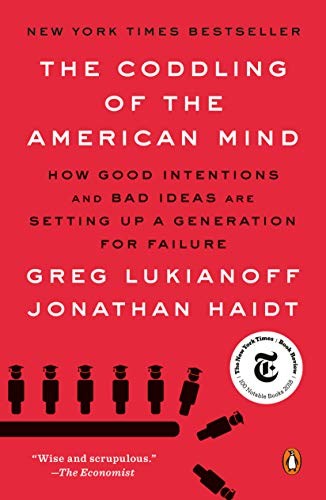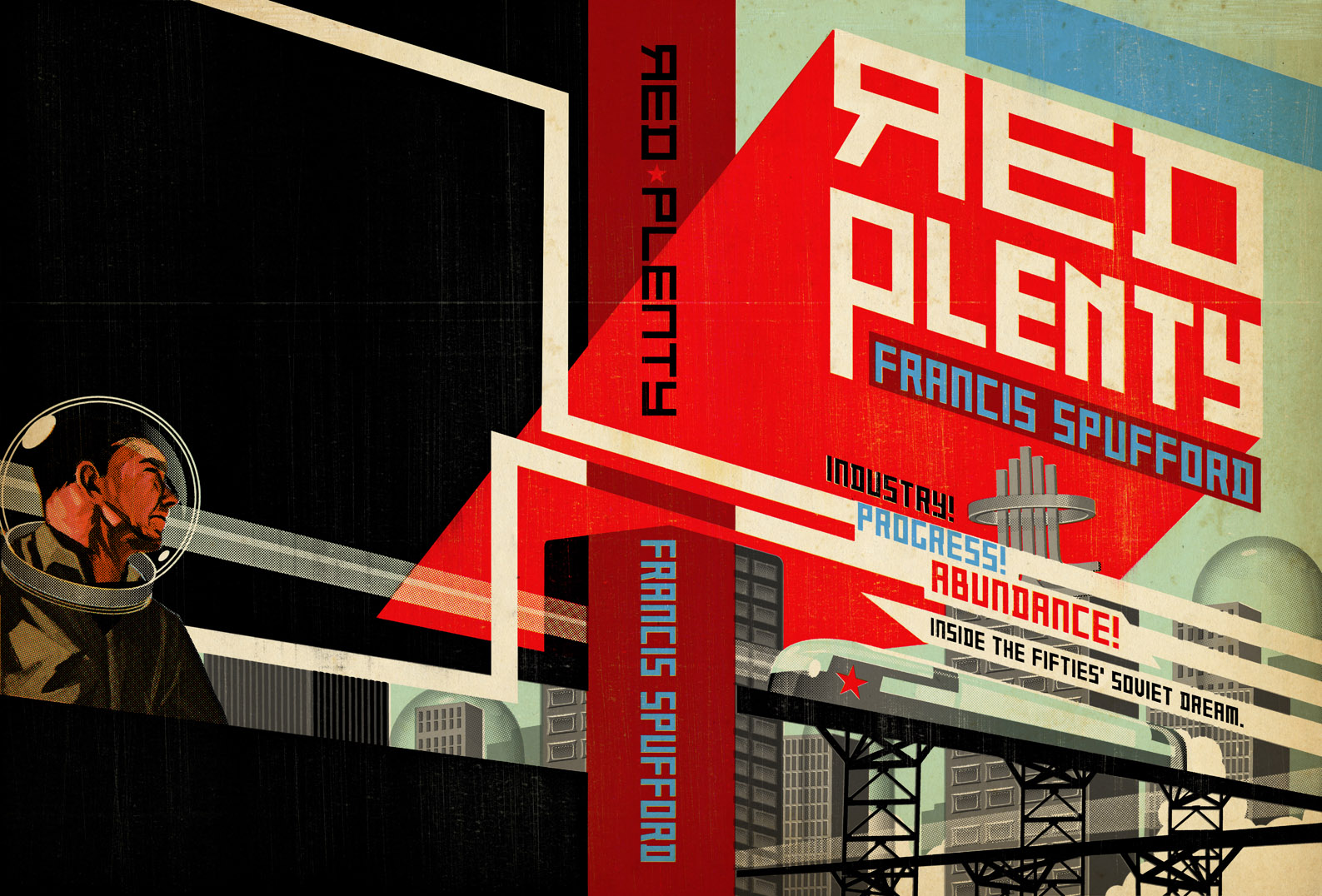Between stimulus and response there is a space.
5 stars
Charles Yu's How to Live Safely in a Science Fictional Universe is not just another time travel story; it's a deep, reflective journey cloaked within the realms of science fiction. The narrative unfolds through a manual-like tone, particularly in its subsequent chapters, which distinctively marries the instructional with the introspective, making for a unique reading experience.
At its core, the novel is a poignant tale about a man trying to rescue his father. Yet, more than a mere rescue mission, it's a contemplative expedition into the past. The protagonist’s use of a time machine serves as a powerful metaphor for the universal human desire to revisit and perhaps alter past decisions—highlighting our deep-seated regrets and the wishes that shape our present and future lives.
Yu ingeniously restricts time travel almost exclusively to the past, with only a fleeting, somewhat bleak interaction with the future, emphasizing the theme that often, we …
Charles Yu's How to Live Safely in a Science Fictional Universe is not just another time travel story; it's a deep, reflective journey cloaked within the realms of science fiction. The narrative unfolds through a manual-like tone, particularly in its subsequent chapters, which distinctively marries the instructional with the introspective, making for a unique reading experience.
At its core, the novel is a poignant tale about a man trying to rescue his father. Yet, more than a mere rescue mission, it's a contemplative expedition into the past. The protagonist’s use of a time machine serves as a powerful metaphor for the universal human desire to revisit and perhaps alter past decisions—highlighting our deep-seated regrets and the wishes that shape our present and future lives.
Yu ingeniously restricts time travel almost exclusively to the past, with only a fleeting, somewhat bleak interaction with the future, emphasizing the theme that often, we are more concerned with our pasts than the uncertainty of our futures. This limitation in temporal exploration serves to underscore the book's central themes of memory, regret, and the inexorable flow of time.
A particularly memorable moment in the book is the invocation of a quote often attributed to Steven Covey or Viktor E. Frankl "Between stimulus and response there is a space. In that space is our power to choose our response. In our response lies our growth and our freedom." This citation is a thoughtful nod to the ongoing debate between determinism and free will, suggesting that the space between our experiences and our reactions to them might indeed hold the key to understanding our capacity for choice, change, and ultimately, growth.
Despite its brevity, How to Live Safely in a Science Fictional Universe is a dense, thoughtful book. It compels readers to pause and reflect on their own life choices, the irreversible nature of time, and how they choose to fill the moments between stimulus and response. In this compact universe that Yu creates, every page serves as a mirror into the reader's soul, challenging one to think about the paths taken or not taken, the words said or unsaid.
This book is an excellent choice for those who enjoy science fiction with a profound philosophical undertone. It’s a short read but one that resonates long after the last page is turned, inviting readers to explore the landscapes of their own histories and futures. Whether you believe in determinism or hold dear the idea of free will, Yu’s narrative provides ample space for exploration and interpretation, making it a worthwhile addition to any reader’s collection.

